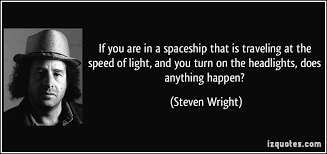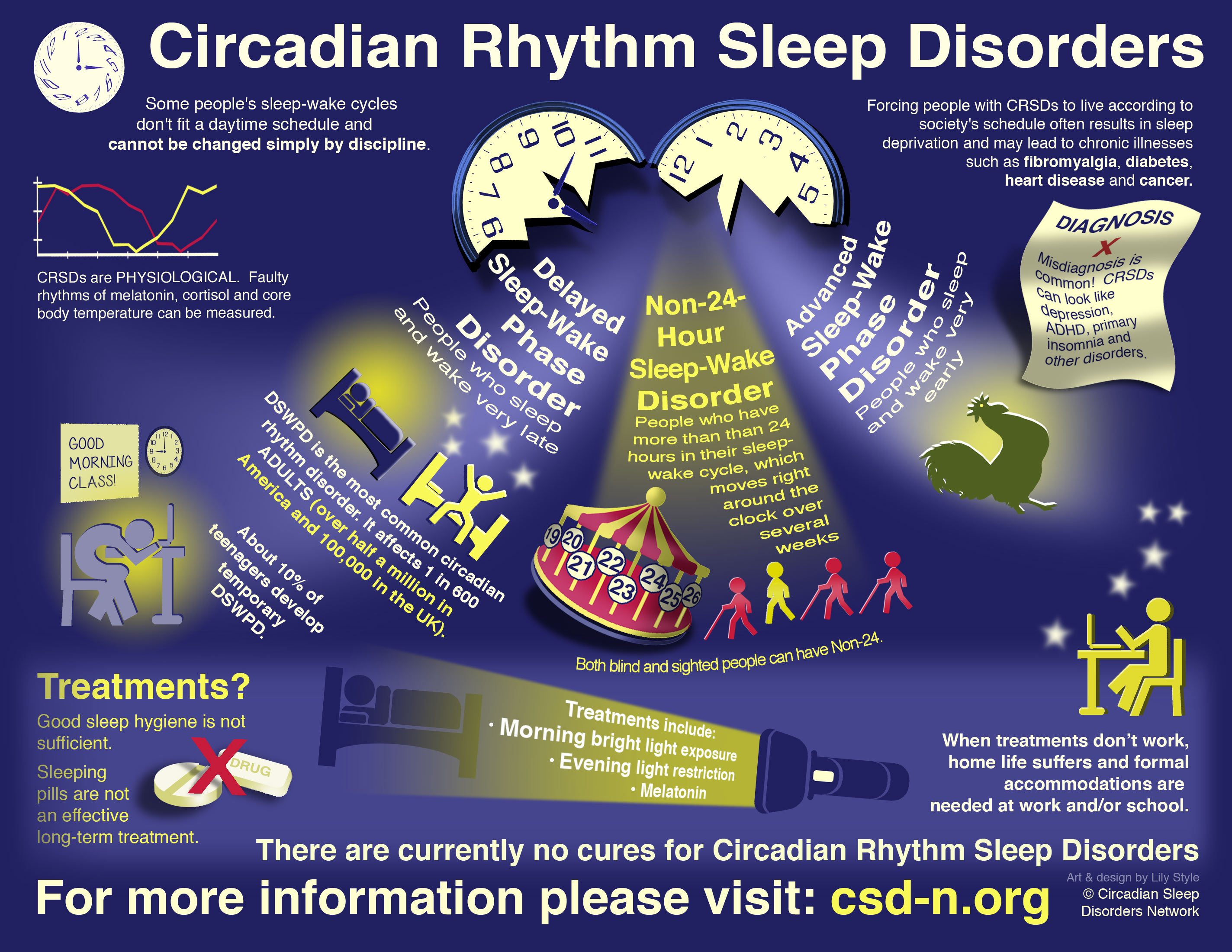Most would think that “time” is defined as “The measurement of natural existence from the past, to the present, and into the future“. It is expressed in terms of “years” which are counted by the number of times the earth orbits around the sun. Multiples of a year include “decade” (10), “century” (100), “millennium” (1000), and more. Fractions of a year include “month” (1/12), “day” (1/365), hours, minutes, seconds, etc. All of these measurements are relative to the earth (and everything on it) traveling around the sun. The Earth’s orbit is a constant that can be used to measure everything else against it.

The speed of light in a vacuum, commonly denoted c, is a universal physical constant, important in many areas of physics. Its exact value is defined as 299792458 meters per second (approximately 300000 kilometers/second, or 186000 miles/second). Notice that the speed of light incorporates a time measurement (“per second”) that is dependent on the Earth’s orbit.
A “light-year” is defined as: “The distance that light travels in a vacuum in one Julian year (365.25 days)”. It is a unit of length used to express astronomical distances and measures about 5.88 trillion miles. Because it includes the word “year”, the term “light-year” may be misinterpreted as a unit of time.

But what happens if you’re not traveling around the sun? What if you are in a space ship, traveling through the galaxy, away from the Earth? The “time” you spend traveling is no longer connected to the one constant that you have previously measured everything by. Sure, “time” still moves in a forward direction and the human body continues to age, but does it age at the same pace as everyone else who is still lapping around the Sun? And how would you measure your “age” if you don’t have the Earth’s orbit as a frame of reference? Does your body “age” differently if you are traveling at different speeds?


The human body has a natural “clock” called the Circadian Rhythm, which is an internal process that regulates the sleep-wake cycle and repeats roughly every 24 hours. How does space travel affect the human body and it’s natural rhythm? If your body is not exposed to the cyclical change of traveling around the sun, would your Circadian rhythm change? Would the aging process slow down or possibly stop entirely?

Every living thing has a certain “lifetime”. Cells in the human body are replaced through a process of “body rejuvenation”. Different cells are replaced at different rates, but overall it takes between 7 – 10 years to replace every cell with a new one. But it’s not a perfect process and your cells do decay over time. If we could stop this decay, the human body would last forever and “time” as we currently know it would be irrelevant.

Sometimes “time” seems to slow down, like if you are in a car accident. I can tell you first hand that this is true. When I was 19, I was involved in a terrible car accident and while it was happening, everything seemed to move in slow motion. This change in how you perceive time is caused by a heightened sense of awareness through the inputs to your brain. Basically, your brain starts paying more attention to what it is seeing, hearing, smelling, and feeling.

With this current pandemic and people having to “shelter in place”, those of us who are still going to work have less work to perform. With nothing to do, time seems to drag on ever so slowly. Conversely, if you are busy with tasks, especially tasks that you don’t mind performing, time seems to speed up and the day can whiz by quite quickly.
It’s been said that time speeds up as you get older. This is because your frame of reference is greater. For example, if you tell a 4 year old child to wait until next Christmas for a present, that length of time is 1/4th their entire life. That’s a long time! However if you tell the same thing to a person who is in their 50’s, it a much smaller portion of their life. That fraction of their time will pass quickly.
So what is the overall lesson to be learned from this post? We all have a limited amount of time available, so use that time wisely; for each moment will never come back around to you. Inside every old person is a younger person wondering “Where did the time go?“

